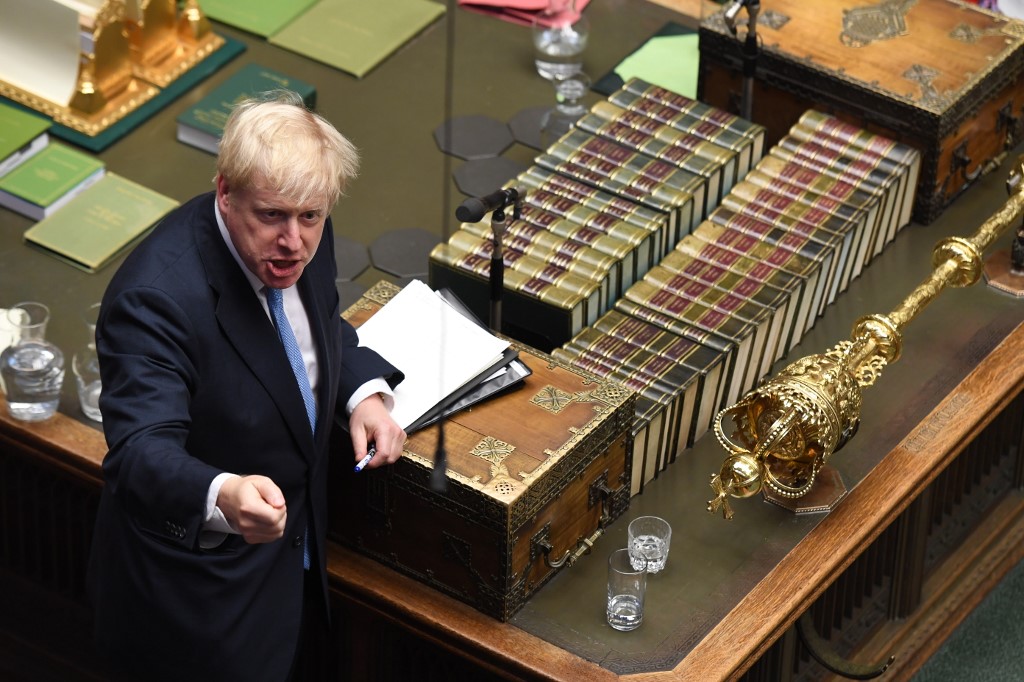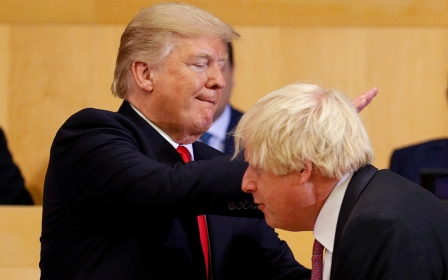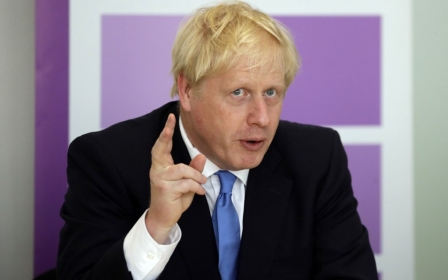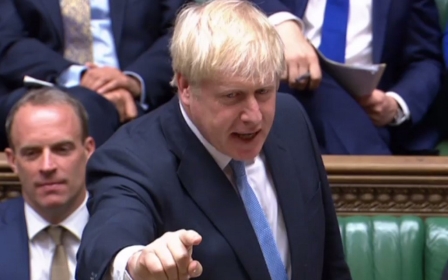What can British Muslims expect from Boris Johnson's Conservative Party?
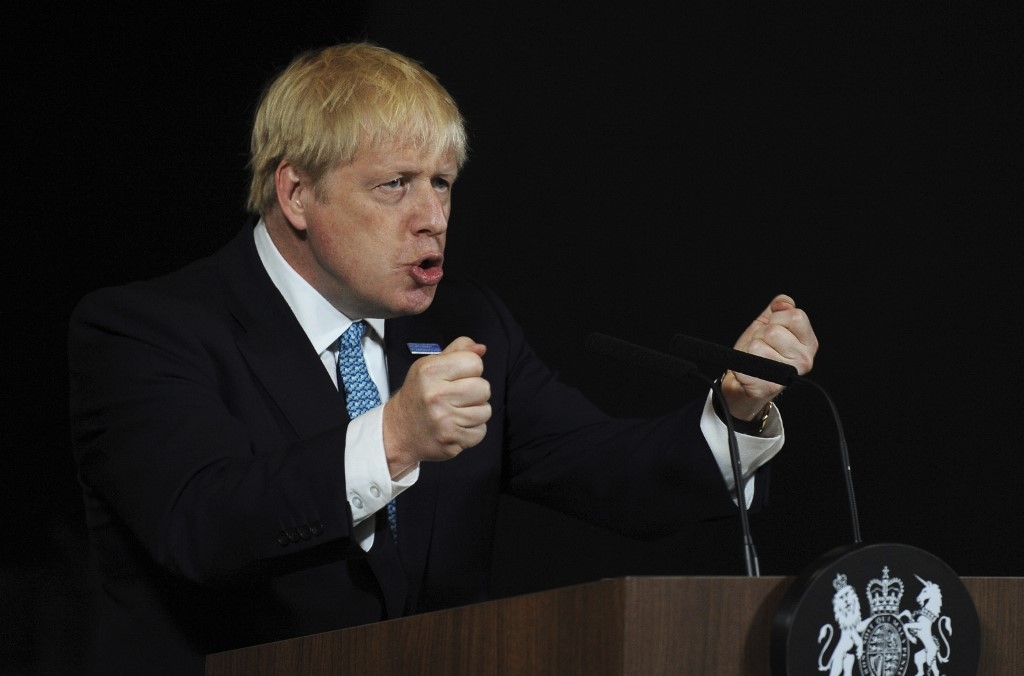
Since I joined the UK Conservative Party in 1983, eight people have led it. I have had policy differences with each leader, but that is normal.
Yet I consider Boris Johnson to be uniquely disqualified as leader for two reasons: firstly, I believe that like US President Donald Trump, he does not care about the distinction between truth and falsehood.
Secondly, I think he does not care about the harm he causes to others if he can advance his personal career. An example is his article a year ago about Muslim women wearing the burqa. He must have been able to foresee that it would lead to Muslim women being verbally and physically assaulted on the streets. I believe he published it anyway to burnish his credentials with rightwing Tories in a leadership race.
Morally unfit
After I shared my thoughts about Johnson last month on BBC Radio 4 Today, the party pressured the Conservative Muslim Forum to expel me. After Johnson’s election as leader was announced on 23 July, I immediately resigned from the Conservative Party because I refuse to be led by someone I regard as unfit for the role.
New MEE newsletter: Jerusalem Dispatch
Sign up to get the latest insights and analysis on Israel-Palestine, alongside Turkey Unpacked and other MEE newsletters
Many journalists have asked me whether I think Johnson is Islamophobic. While I have no reason to believe he hates Muslims, with someone who speaks as inconsistently as Johnson, one can never be sure what he thinks.
Despite Johnson purporting to write history, he shows great ignorance about the history of Muslims
Frances Perraudin of the Guardian gave me additional insight into Johnson’s ignorance about Muslim history earlier this month. She sent me his essay “And Then Came the Muslims”, from the 2007 edition of his book The Dream of Rome. She wrote an article about this titled: “Boris Johnson claimed Islam put Muslim world ‘centuries behind’”.
Despite Johnson purporting to write history, he shows great ignorance about the history of Muslims. The essay consists mainly of detailed coverage of a few snippets that suit the picture Johnson wants to paint, such as comments mischaracterising Islam by Pope Benedict XVI in his lecture at Regensburg.
Johnson appears to have based his chapter on Mohammed and Charlemagne, originally published in the 1930s. It was authored by French historian Henri Pirenne who, from the extracts that Johnson quotes, apparently had his own preconceived views.
Dangerous writings
Reading Johnson’s chapter, you would never know that from about 650 to 1400, the Arab Muslim world was far ahead of Christian Europe in science, technology and commercial organisation. The reasons Muslims fell behind afterwards are complex, but Johnson does not need to think about them since he claims that Muslims had no interest in learning and were always behind.
Because Johnson writes with colourful and entertaining language, with great verve, his writings are particularly dangerous. Britons relying upon his book for their knowledge of Muslim history will acquire a wholly inaccurate picture - one likely to infect them with anti-Muslim attitudes.
His great communication skills, combined with such historical ignorance, make me think of the consequences of gifting a 10-year-old a flame thrower. The results will never be good.
On 18 June, during the Conservative Party leadership race, Sajid Javid committed to holding an independent inquiry into Islamophobia within the Conservative Party if he became leader, and pressed the other candidates into agreeing. But by 27 June, Johnson had backpedalled, stating that he wanted a probe into all types of discrimination. This language is reminiscent of Labour leader Jeremy Corbyn’s inability for many years to condemn antisemitism, without also extending the sentence to condemn all other forms of racism.
Breaking the feedback loop
Looking at the big picture, the Conservative Party has only three Muslim MPs, compared with 12 for Labour. In the 2017 general election, 11 percent of Muslims voted Conservative, compared with 85 percent who voted Labour.
There is a “chicken and egg” problem. With fewer Muslims inside the Conservative Party, Conservatives generally have less exposure to Muslim colleagues, leading them to feel less comfortable with Muslims, and leading Muslims to be less likely to join the Conservative Party.
Breaking this feedback loop requires Muslims to be resolute. They should decide which political party to join based only on its general policies, setting aside how they think the party views Muslims. That is what I did in 1983, joining a Conservative Party that had vanishingly few members from any ethnic minority. The party then changes by virtue of your membership, and that of other members.
The views expressed in this article belong to the author and do not necessarily reflect the editorial policy of Middle East Eye.
Middle East Eye delivers independent and unrivalled coverage and analysis of the Middle East, North Africa and beyond. To learn more about republishing this content and the associated fees, please fill out this form. More about MEE can be found here.



